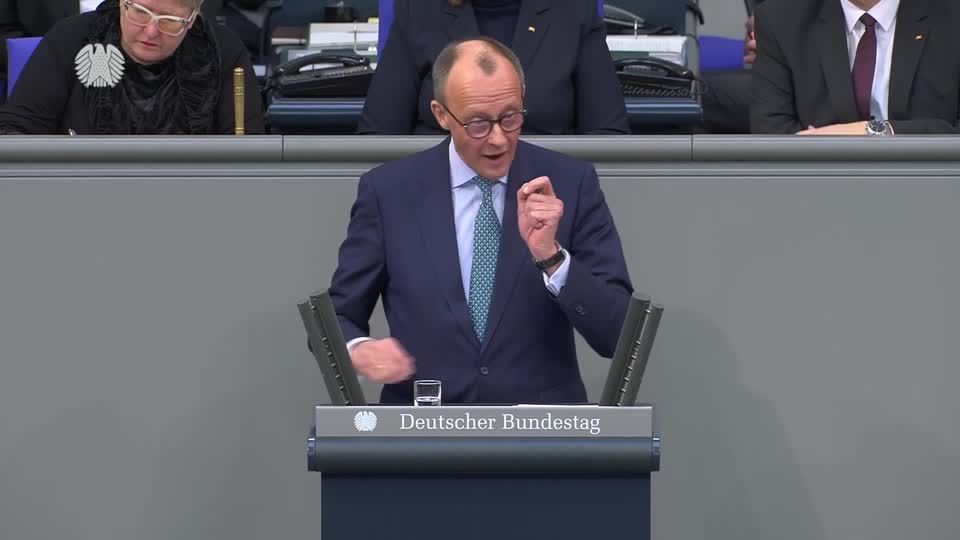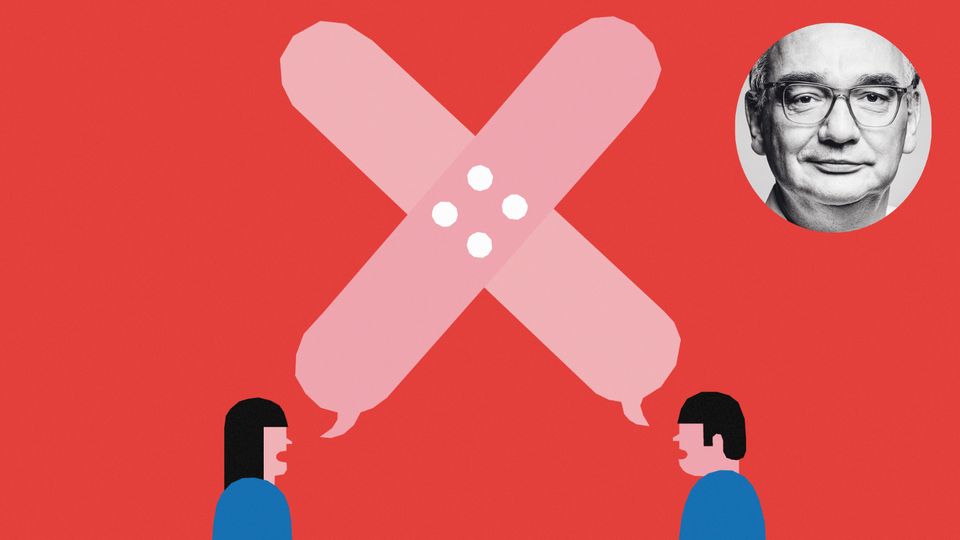questions and answers
Dispute over the Growth Opportunities Act: What are they actually discussing in Berlin?
It actually looks like a happy group, but the dispute over the Growth Opportunities Act was already causing disagreements in the traffic light cabinet
© Kay Nietfeld / DPA
Both the government and the opposition agree that the German economy needs growth opportunities. How, when and how exactly this can be achieved is a matter of debate.
What exactly is the Growth Opportunities Act?
Originally, it was supposed to be an all-round blow worth billions for all industries, which would relieve the burden on companies in the economic downturn and create incentives for investments in climate protection. Finance Minister Lindner proposed almost 50 tax policy measures. Essentially: a bonus for climate protection investments, plus tax support for research, better offsetting of losses and the reduction of bureaucratic hurdles.
The law also includes tax incentives to stimulate struggling housing construction. To promote investments, a declining balance of depreciation should be introduced, which will make it easier for certain costs to be written off for tax purposes. Special depreciation is to be substantially improved for small and medium-sized companies.
Why couldn’t the traffic light coalition pass the law?
Formally, the government has initially done its part. The Growth Opportunities Act was passed by the cabinet on August 30, 2023 at the closed meeting in Meseberg. Relief for the economy worth a good seven billion euros is planned.
Outlook for the political year
You should watch out for these ten politicians in 2024
The cabinet decision was supposed to have been made two weeks earlier. At that time, Family Minister Lisa Paus (Greens) lodged an objection because of the dispute within the coalition over the financing of basic child welfare. In the meantime, the relief volume of the Growth Opportunities Act has been increased again.

In order to turn the cabinet decision into law, it must be passed by a majority in the Bundestag and, in this case, also in the Bundesrat. The latter is necessary because the law affects the financial matters of the federal states and they therefore have a say.
What did the states in the Federal Council have against it?
The Federal Council blocked the package passed by the Bundestag with the argument that states and municipalities would have to shoulder a large part of the costs and tax losses. The state chamber therefore called the mediation committee. In initial discussions, the negotiating partners reduced the volume of relief from the previously planned seven billion euros annually to 3.2 billion euros. Basically, all that was left was a light version – primarily tax relief and incentives to stimulate the construction industry. The climate protection investment bonus, originally the core of the law, has been overturned.
Bundestag says yes, Bundesrat says no. And now?
The joint mediation committee of the Bundestag and Bundesrat now comes into play. On Wednesday he discussed an agreement on the Growth Opportunities Act. In the evening, the committee adopted a compromise with the votes of the traffic light parties. But the Union did not agree
In some federal states the CDU – or in Bavaria the CSU – sits in the government. So she was able to block the law.
What’s next?
An agreement now depends on another vote in the Federal Council. There the law would fail again without the consent of the Union. They only want to approve the law if the federal government reverses the controversial gradual elimination of subsidies for agricultural diesel.
What does this all have to do with agricultural diesel?
Federal Council President Manuela Schwesig (SPD) explained that the traffic light government had made it clear that it was in discussions with farmers in order to find common solutions. The states expected proposals by the Federal Council meeting on March 22nd. CSU regional group leader Alexander Dobrindt said, however, that he had no confidence that the traffic light would produce a substantial result with the farmers by then. The Union is using the subsidies for agricultural diesel as a means of exerting pressure against the Growth Opportunities Act.
Sources: Federal Council, Deutschlandfunkwith agencies DPA and AFP.


